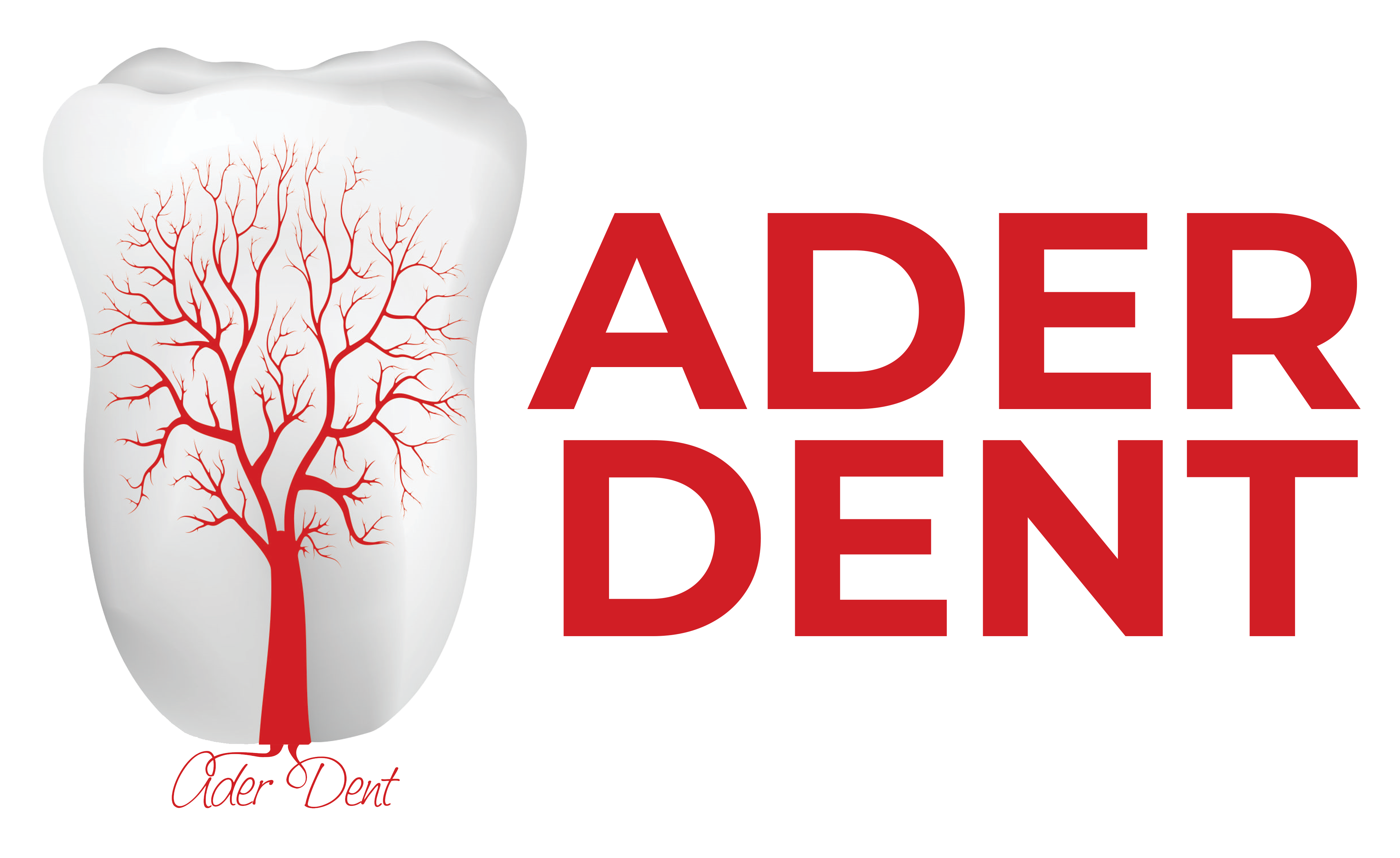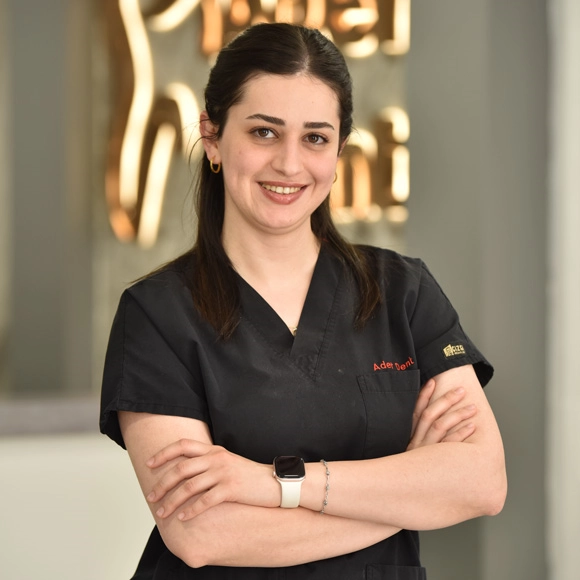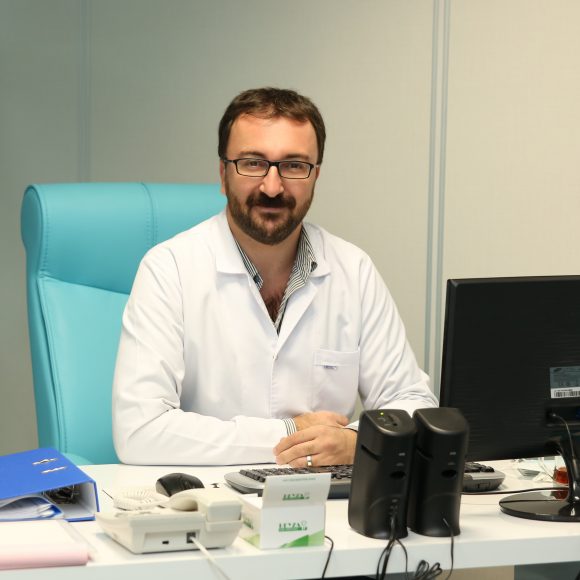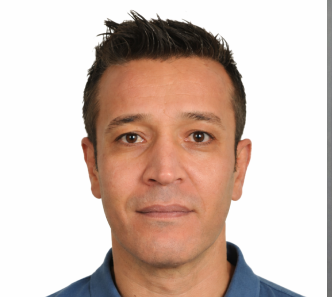Impacted teeth are a common dental issue, especially in childhood, and they require timely and proper intervention. Children between the ages of 1–3 (toddlers) and 7–10 (school-aged children) are more prone to such dental trauma.
The most frequently affected area in dental trauma is the upper front teeth. Proper management of dental trauma not only protects the health of the affected tooth but also positively impacts the child’s future dental development. Prompt treatment can prevent permanent damage and support the healthy development of the jaw structure.
How to Perform First Aid for an Impacted Tooth?
Dental trauma can occur when a tooth breaks or is knocked out. If the tooth is completely avulsed, it should be gently rinsed with clean water (without touching the root) and placed in a container of milk. Storing the tooth in milk helps keep it viable, and it is crucial to visit a dentist within one hour.
If the tooth is fractured, the broken piece should also be rinsed with clean water and stored in milk, then taken to a dentist as soon as possible. The broken piece can be reattached using suitable filling materials. If the piece is lost, the missing portion of the tooth can be reconstructed with appropriate materials.
If the tooth has not been dislodged but is loose, it should not be touched. To prevent further damage, the tooth must be stabilized by a dental professional. Excess pressure on the affected area should be avoided, and the child should refrain from biting or any action that could worsen the trauma.
Treatment Process for Impacted Teeth: Tips and Recommendations
The treatment process for impacted teeth varies depending on the type and severity of the trauma. If the tooth is loose, stabilizing it is critical. During this period, the child should avoid putting stress on the injured tooth and follow a soft diet, as hard foods may cause further damage.
Cold compresses can help reduce swelling and pain after trauma. If there is damage to the area of the impacted tooth—for instance, partial dislodgement of the root—this must be carefully evaluated by a specialist.
If impacted teeth are not treated early, they may cause serious damage to the jaw and even lead to tooth loss. To learn more about replacing missing teeth after impacted tooth extraction, you can review our content on implant surgery.
Early Intervention in Impacted Teeth
When dental trauma occurs, it is crucial to visit a dentist without delay. Early intervention increases the likelihood of saving the tooth and prevents permanent damage. The success of treatment depends heavily on the time elapsed between the trauma and the dental consultation.
Therefore, parents should stay calm and accurately communicate the child’s medical history and details of the trauma to the dentist. The dentist will then develop an appropriate treatment plan to preserve the child’s oral health.
What Are the Symptoms of an Impacted Tooth?
Impacted teeth may not always show symptoms. However, common signs include:
- Pain or pressure in the mouth
- Swelling and redness of the gums
- Swollen lymph nodes under the jaw
- Difficulty opening the mouth
- Bad breath and infection
These symptoms are usually caused by infection of the impacted tooth or pressure on the surrounding tissues.
How Are Impacted Teeth Treated?
In most cases, impacted teeth require surgical extraction. The treatment typically follows these steps:
- A panoramic X-ray is taken to locate the position of the tooth.
- The procedure is performed under local anesthesia to ensure the patient feels no pain.
- The tooth is surgically extracted, and stitches may be placed if necessary.
- The healing period usually lasts about 7–10 days.
Whether an impacted tooth needs to be extracted is determined by the dentist. Not every impacted tooth requires removal.
Post-Extraction Care for Impacted Teeth
Proper post-extraction care helps accelerate healing and reduces the risk of infection. Important precautions include:
- Do not spit or rinse the mouth in the first 24 hours
- Avoid hot food and beverages
- Do not smoke
- Take prescribed painkillers and antibiotics as directed by the dentist
- Apply cold compresses externally to reduce swelling
Sensitivity in the gums may occur after impacted tooth extraction. For more information on managing gum-related issues, refer to our content on gum disease and treatment methods.


 TR
TR







